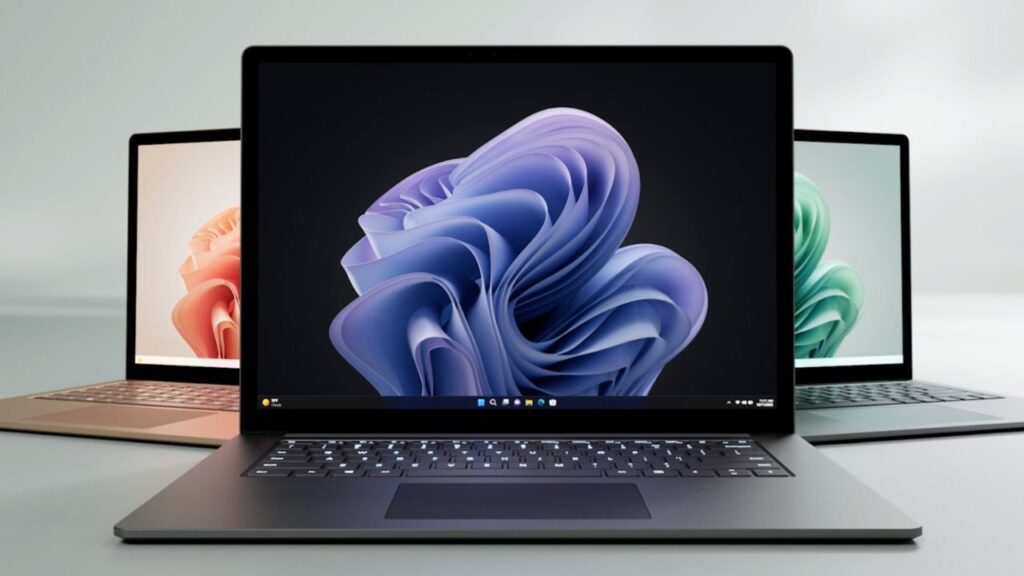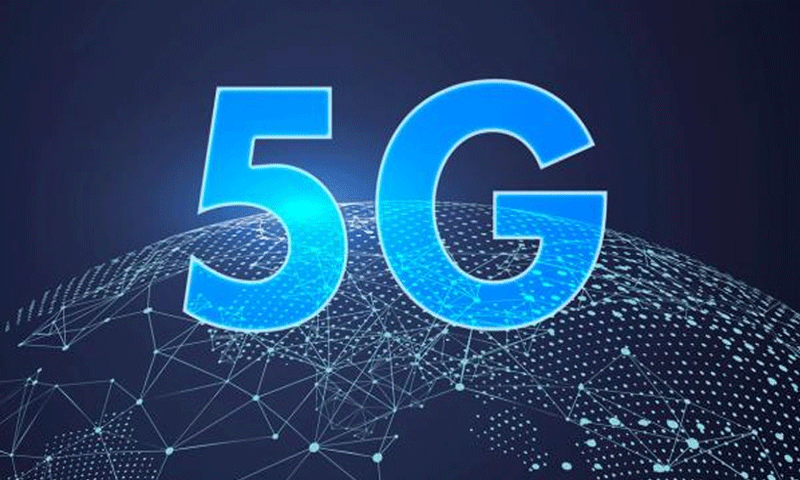- Web
- Feb 03, 2026
Here’s how to speed up your Windows PC
-

- Hum News
- Sep 08, 2023

In the fast-paced world of technology, our trusty Windows PCs can sometimes lose their agility over time. Whether it’s due to cluttered files, outdated drivers, or other digital cobwebs, a sluggish computer can be frustrating.
Worry not, for we have a collection of tips to assist in revitalising your Windows PC. Spanning from essential software updates to hardware upgrades, these recommendations are designed not only to enhance your system’s speed but also to guarantee a more seamless computing experience.
Here are some tips to help you boost your PC’s performance:
- Keep Windows and your drivers updated: Regular Windows updates often come with performance enhancements. Additionally, ensure your device drivers are up-to-date, as outdated ones can hamper your PC’s performance.
- Regularly restart your PC: While it might sound simple, restarting your PC can effectively free up memory and resources, resolving temporary problems along the way.
- Disable startup programmes: Many programs automatically launch during PC startup, which can slow down the process. To disable them, open the Task Manager (Ctrl+Shift+Esc) and navigate to the Startup tab.
- Defragment your hard drive: A fragmented hard drive can significantly impact performance. Defragmenting reorganizes files for faster read and write speeds.
- Remove unnecessary files: Over time, your PC accumulates unnecessary files like temporary, old, and junk files, occupying valuable hard drive space. Utilize a file cleanup tool to get rid of these files.
- Optimise your PC’s settings: Windows offers several settings you can tweak to enhance performance. Adjust your power plan, disable unnecessary visual effects, and optimize startup settings.
- Consider hardware upgrades: For older PCs, hardware upgrades like more RAM, a faster hard drive, or an improved graphics card can make a significant difference in performance.
By following these tips, you can accelerate your Windows PC and enjoy smoother operations.
Here are additional suggestions to further optimise your PC:
- Use disk cleaner: Eliminate temporary and junk files to free up more space.
- Run registry cleaner: Remove outdated or corrupt registry entries for better performance.
- Uninstall unnecessary software: Get rid of applications you no longer use.
- Clean fans and vents: Prevent overheating by regularly cleaning your PC’s fans and vents.
- Keep software updated: Ensure all your software is up-to-date to fix potential compatibility issues.
If you’ve tried these steps and your PC still lags, it may be wise to seek professional assistance.




